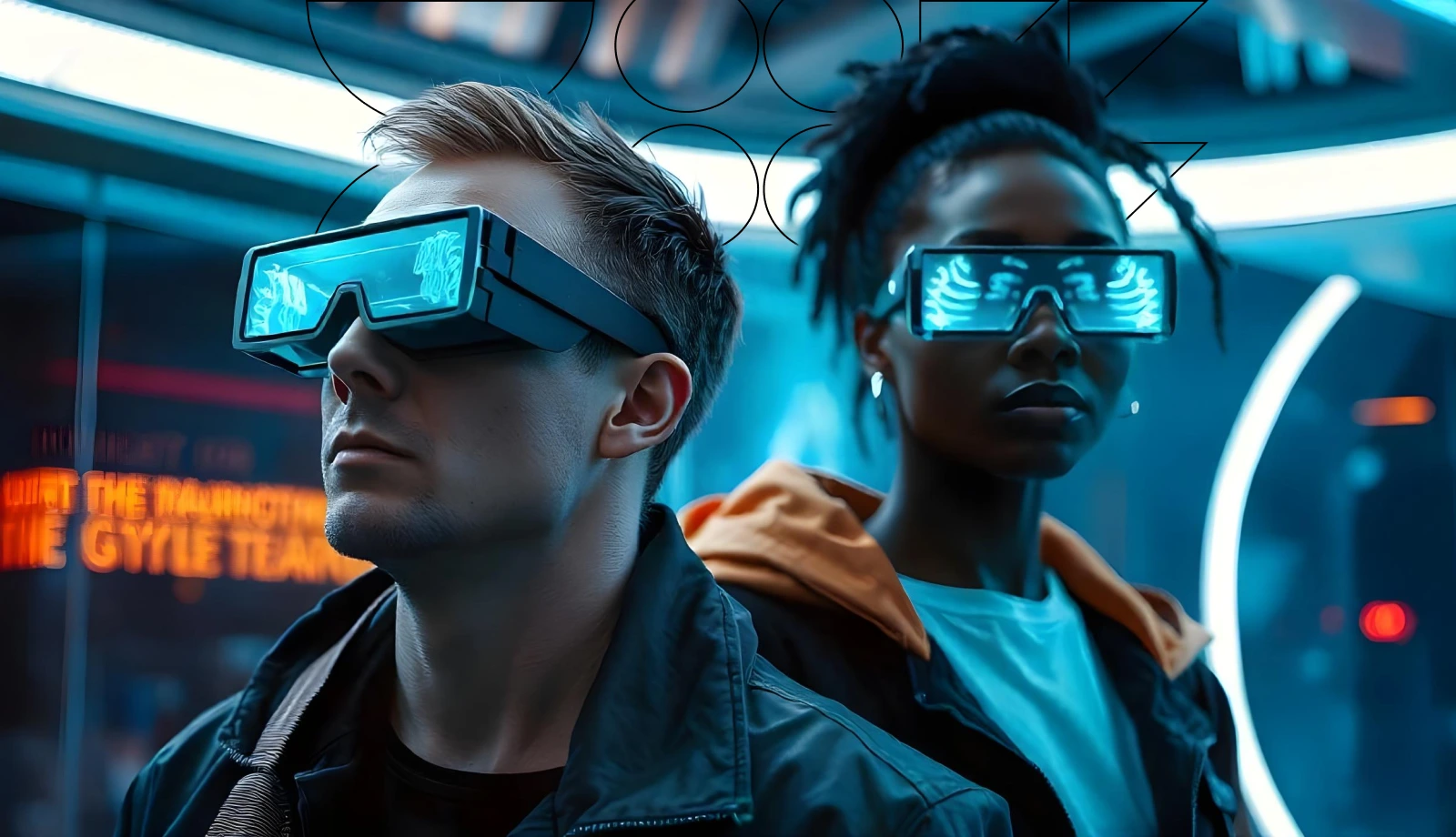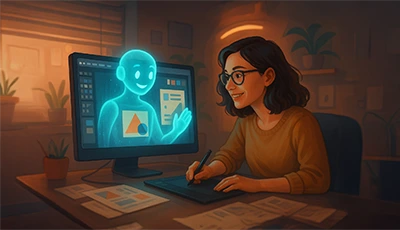Recently, two Harvard students created an app called I-XRAY that uses smart glasses and facial recognition to identify strangers and access their personal information. The app pulls details like names and addresses from public databases, demonstrating how easily available technologies can turn our lives into an open book. The students claim they don’t intend to release the app, but instead, they hope to raise awareness about the dangers of combining AI with wearable devices.
When I came across this, I couldn’t stop thinking .. Is this the future we’re heading toward? A world where even walking down the street feels like a breach of privacy?
Although not publicly available, this app feels like a peek into a dystopian reality where privacy is no longer a right but a relic of the past.
An Illusion of Privacy
Privacy, in today’s world, is nothing but a myth. The scary part is how deeply ingrained this invasion has become in our daily lives.
Let me share a personal experience. I recently received a call from a local pharmacy—one I had never visited—asking for my address so they could send me season’s greetings. I was stunned. How did they get my number? How did they know me?
It doesn’t stop there. Every time I shop, I’m asked for my phone number. Without it, there’s no option for returns or exchanges. It feels like we’ve been cornered into giving away our personal information for the simplest of transactions.
What used to be optional has now become mandatory. Doesn’t that sound like we’ve lost the freedom to choose?
Technology- The Double-Edged Sword
I don’t entirely blame technology. Progress and innovation are essential, and these advancements make life convenient. But we can’t ignore the darker side. People need to be more cautious about sharing sensitive information and understand the risks involved.
Companies like Meta, for instance, sit at the crossroads. They are both enablers and responders—building platforms that thrive on data while also responding to societal demand for connection and convenience. The problem isn’t just what these companies create but how we, as users, embrace these technologies without hesitation.
When Progress Comes at a Cost
Take facial recognition technology as an example. It’s often hailed as a groundbreaking innovation, but its implications are unsettling. Apps like I-XRAY remind us that these tools can easily fall into the wrong hands. What was once science fiction is now real—your identity could be pulled from a public database with nothing more than a glance.
Sure, this technology could help law enforcement, but what about its misuse? Without strict regulations, this innovation risks becoming a weapon of mass privacy invasion. The tradeoff between progress and privacy feels anything but justified.
Are We Okay With This?
So, here’s what I’ve been asking myself—and now I ask you
- Have we become too comfortable with the idea that privacy is dead?
- Is trading our data for convenience truly worth it?
- Shouldn’t there be better systems and regulations for those of us who want to opt out of this mess?
It’s easy to blame technology, but maybe the real issue lies in how we’ve normalized this loss of privacy. If privacy is indeed a myth, it’s worth asking: Are we the ones celebrating it?
Source
- https://www.linkedin.com/posts/khizer-abbas_rip-privacy-harvard-students-create-app-activity-7249033119004037120-q-Cy/?utm_source=share&utm_medium=member_ios
- https://www.linkedin.com/posts/shakti-prasad-074905112_ever-gotten-a-surprise-call-from-a-place-activity-7262430146358312960-_MkL?utm_source=share&utm_medium=member_desktop








